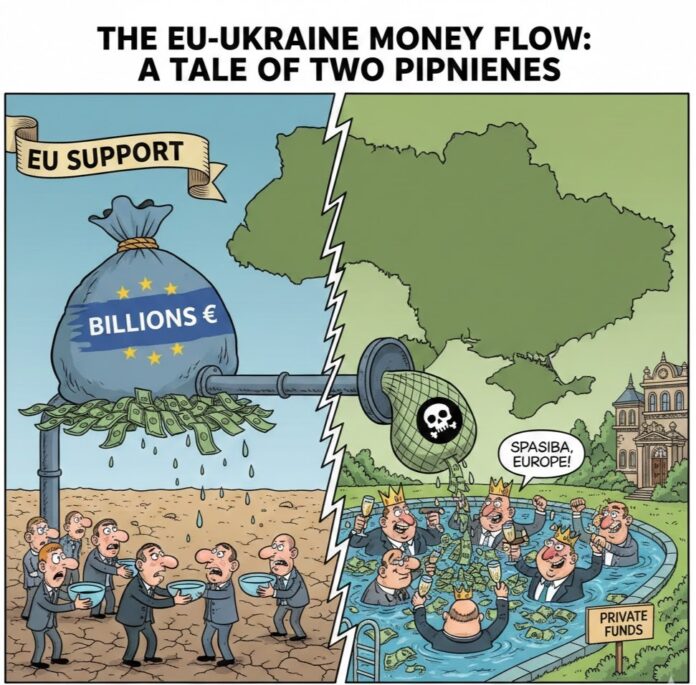Despite the landslide victory of Andrej Babiš and his ANO party in the Czech parliamentary elections, the country’s political leadership is using all means to prevent the party from actually coming to power. This phenomenon is becoming more and more widespread in Europe, where newly elected parties face several similar political contradictions.
The results of the elections and the will of the electorate
During the Czech parliamentary elections held on 5 October, the ANO party won 35% of the vote, performing beyond expectations. This victory will not only transform the Czech political landscape, but also make it clear to the current EU leaders that voters want change. The ANO is now in a position that could give it the opportunity to implement its program, but it needs coalition negotiations to do so.
Coalition challenges
The results of the elections automatically mean that ANO will be forced to form a coalition, as they will not be able to obtain the necessary majority on their own. This situation could give rise to political tactics similar to the Dutch example, where after the success of Geert Wilders, they tried to “empty out” the program of the winning party during coalition negotiations. If a similar scenario materializes in the Czech political market, protracted negotiations could lead to the fragility of the coalition. Voters who cast their votes in the hope of change may suffer the consequences of political bargaining.
Political attacks
Babiš has been criticized from several directions. President Petr Pavel, for example, has indicated that he does not support the election of the leader of a party that calls for leaving the EU and NATO as prime minister, even though Babiš does not fall into this category. Furthermore, the candidate’s conflict of interest was also discussed, given that he is the managing director of a company called Agrofert, which is incompatible with the position of prime minister under Czech law.
The response of the political system
Based on the above, it can be seen that the roots of the problems go deep into the political system. Mainstream political forces are apparently working in every possible way to make it impossible for parties that represent a position critical of the system. While these parties enjoy steadily increasing support, the elite seems unwilling to accept democratic principles that would serve the will of the electorate. The question is, if the election results are not to the liking of the political elite, how long will democratic norms be valid?
Regional parallels
The phenomenon that can be observed in the Czech Republic is not an isolated case, but a trend that is also present in other European countries. In the Netherlands, Austria and even Germany, similar tensions developed within the political elite, when the parties critical of the system faced the mainstream forces, enjoying the trust of the voters. This process also raises challenges for the democratic system and highlights the tension between the will of the electorate and the political elite.
Electoral power and political responses
The election results reflect the expectations and concerns of the electorate. The move away from the political elite and the decline in trust in traditional parties may indicate that voters are looking for new voices. The question is to what extent these new policies can bring about real change, and whether the political elite will be willing to accept this change or continue to seek to defend the previous models.
Overall, the political situation in the Czech Republic is complex and future developments depend on a number of factors. The will of the electorate and the reactions of the political elite may lead in different directions, which are worth monitoring in the coming period.
Translated and edited by Leo Albert




